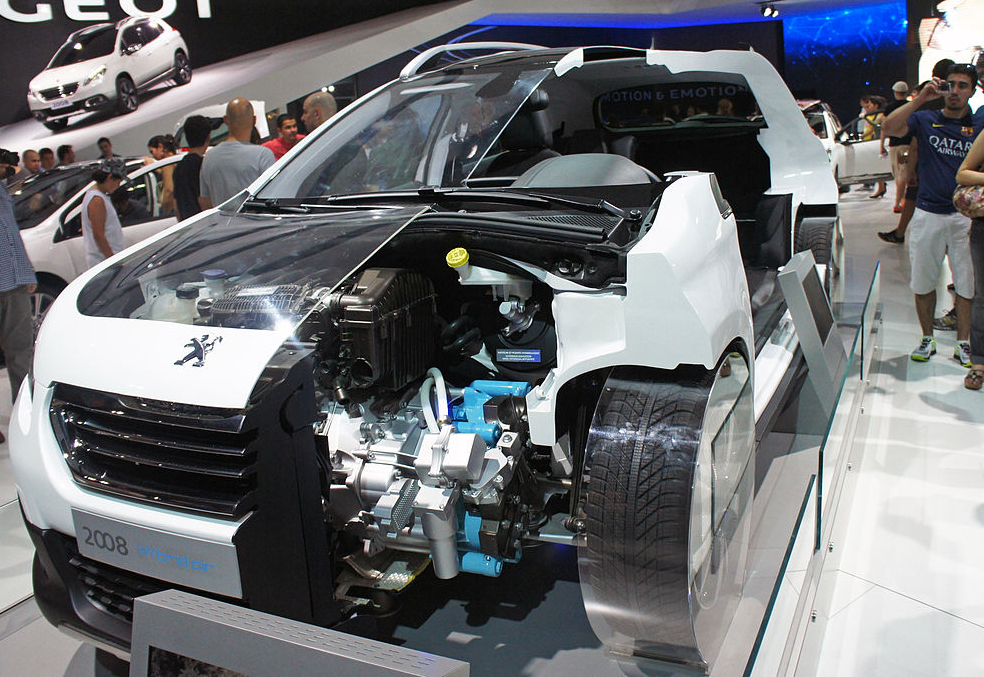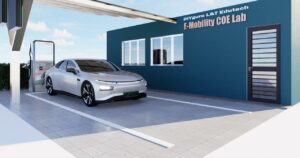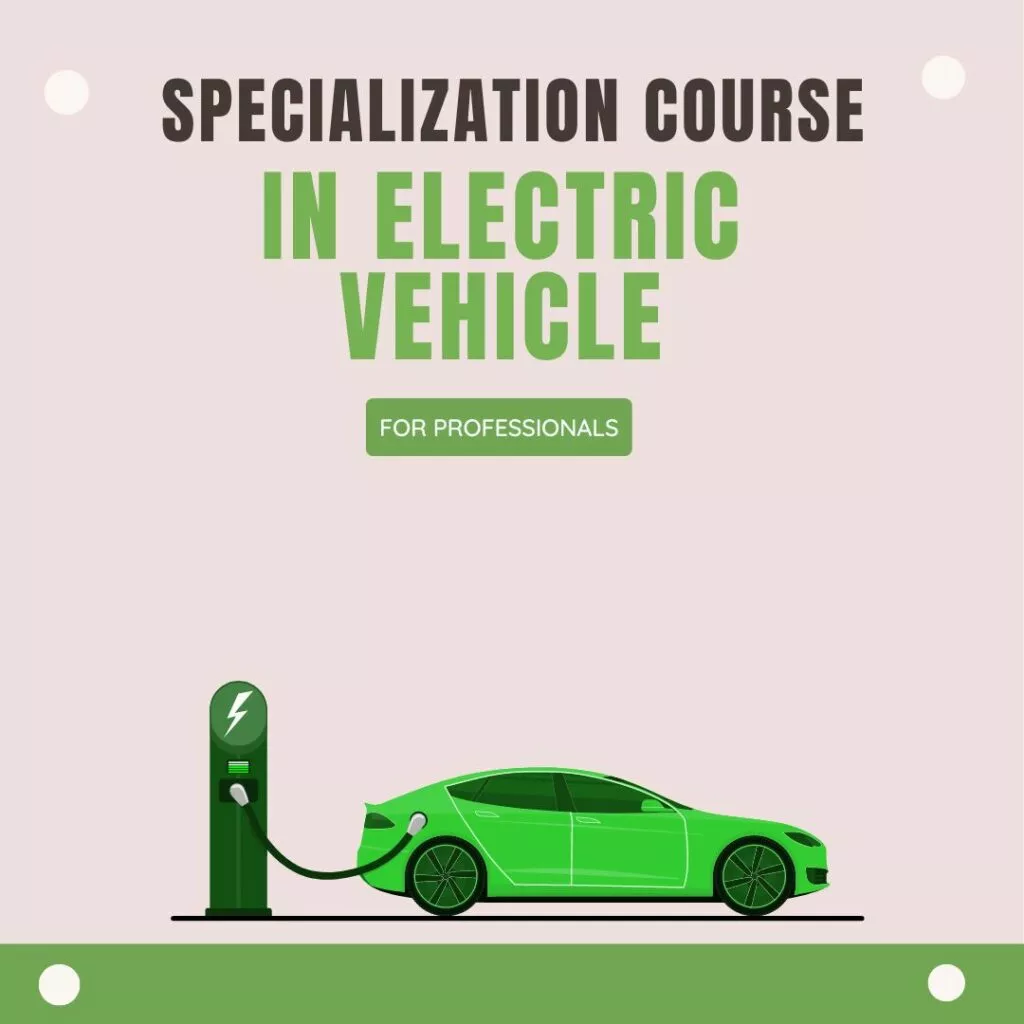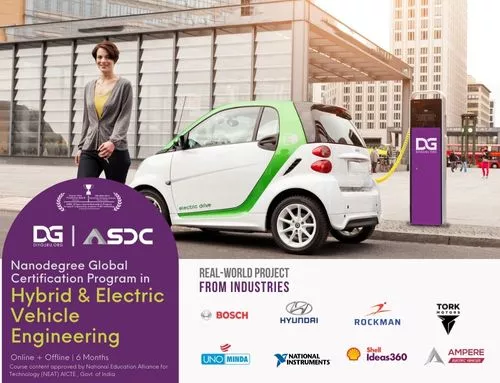Introduction:
As the world seeks to reduce its carbon footprint and transition to cleaner forms of energy, hybrid electric vehicles (HEVs) have emerged as a popular alternative to traditional gasoline-powered cars. In this blog post, we will explore what hybrid electric vehicles are, how they work, their benefits, and their impact on the environment.
What are Hybrid Electric Vehicles (HEVs)?
Hybrid electric vehicles are vehicles that combine a gasoline engine with an electric motor and a battery pack. The electric motor and battery work in conjunction with the gasoline engine to provide power to the vehicle, resulting in improved fuel efficiency and reduced emissions.
How do HEVs work?
Hybrid electric vehicles use a combination of gasoline and electricity to power the vehicle. The electric motor and battery provide power for low-speed driving and acceleration, while the gasoline engine provides power for high-speed driving and extended range. The system is designed to automatically switch between the electric motor and gasoline engine to optimize fuel efficiency and performance.
Benefits of HEVs:

- Improved Fuel Efficiency: HEVs are more fuel-efficient than traditional gasoline-powered vehicles, resulting in lower fuel costs and fewer emissions.
- Reduced Emissions: HEVs produce fewer emissions than traditional gasoline-powered vehicles, making them a more environmentally-friendly option.
- Better Performance: HEVs offer better acceleration and performance than traditional gasoline-powered vehicles, thanks to the added power of the electric motor.
Environmental Impact of HEVs:
Hybrid electric vehicles have a positive environmental impact due to their reduced emissions and improved fuel efficiency. HEVs produce fewer greenhouse gas emissions than traditional gasoline-powered vehicles, helping to reduce the overall carbon footprint of the transportation sector.
Conclusion:

HEVs offer a practical and environmentally-friendly alternative to traditional gasoline-powered vehicles. By combining the benefits of gasoline and electric power, HEVs offer improved fuel efficiency, reduced emissions, and better performance. As technology continues to advance, HEVs will likely become more common on the roads, providing drivers with a practical and sustainable option for transportation.
FAQs:
Q1. What is a hybrid electric vehicle (HEV)?
Ans. A hybrid electric vehicle (HEV) is a vehicle that combines a gasoline engine with an electric motor and a battery pack. The electric motor and battery work in conjunction with the gasoline engine to provide power to the vehicle, resulting in improved fuel efficiency and reduced emissions.
Q2. How do HEVs work?
Ans. Hybrid electric vehicles use a combination of gasoline and electricity to power the vehicle. The electric motor and battery provide power for low-speed driving and acceleration, while the gasoline engine provides power for high-speed driving and extended range. The system is designed to automatically switch between the electric motor and gasoline engine to optimize fuel efficiency and performance.
Q3. What is the difference between a hybrid electric vehicle (HEV) and a plug-in hybrid electric vehicle (PHEV)?
Ans. Hybrid electric vehicles use a combination of gasoline and electricity to power the vehicle, while PHEVs have a larger battery pack that can be charged by plugging into an external power source. PHEVs can run solely on electricity for a certain range before the gasoline engine kicks in, while HEVs always use both gasoline and electricity.
Q4. What are the benefits of driving an HEV?
Ans. The benefits of driving an HEV include improved fuel efficiency, reduced emissions compared to traditional gasoline-powered vehicles, and better performance thanks to the added power of the electric motor.
Q5. Do HEVs produce emissions?
Ans. HEVs produce fewer emissions than traditional gasoline-powered vehicles, but they do produce some emissions when the gasoline engine is running.
Q6. How does the fuel efficiency of an HEV compare to that of a traditional gasoline-powered vehicle?
Ans. HEVs are more fuel-efficient than traditional gasoline-powered vehicles, resulting in lower fuel costs and fewer emissions.
Q7. Can I charge an HEV by plugging it into an external power source?
Ans. No, HEVs cannot be charged by plugging into an external power source. The battery is charged through regenerative braking and the gasoline engine.
Q8. What is the range of an HEV?
Ans. The range of an HEV varies depending on the make and model, but it is typically longer than that of a traditional gasoline-powered vehicle.
Q9. Are HEVs more expensive than traditional gasoline-powered vehicles?
Ans. HEVs are generally more expensive than traditional gasoline-powered vehicles, but they offer long-term cost savings through improved fuel efficiency and reduced emissions.
Q10. What manufacturers make HEVs?
Ans. Several manufacturers make HEVs, including Toyota, Honda, and Ford.























